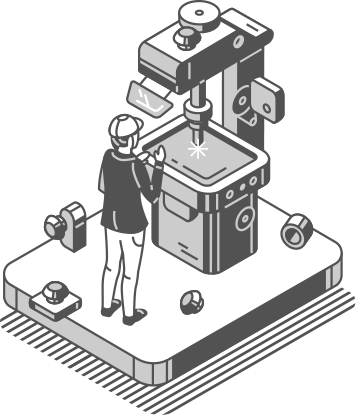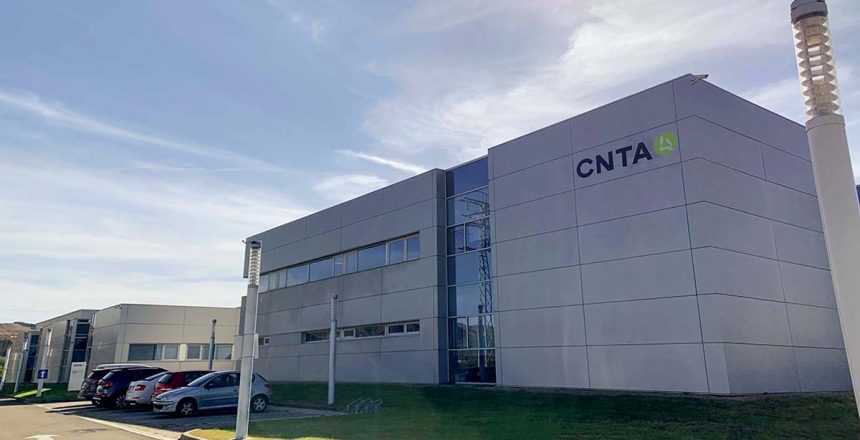CNTA (National Center for Food Technology and Safety, based in Navarra) participates in the SUREFISH project to control the origin of fish, and collaborates with the GO Global Dimension SENSOLIVE_OIL Task Force, aimed at facilitating the objective classification of virgin olive oils.
CNTA is carrying out different initiatives to prevent the proliferation of scams in the agri-food industry. At present, the technology center has “cutting-edge” technologies such as FT-IR spectroscopy, which makes it possible to identify the chemical family of a substance in a specific way; and mass spectroscopy, which determines the distribution of molecules of a substance according to its mass.
These technologies were presented by the Navarra-based company at the Effost 2022 International Conference.
In parallel to its research work, CNTA maintains other lines of work open. One of them is part of the SUREFISH project, financed by PRIMA. Its purpose is to develop an objective tool to control the origin of fish, its freshness and whether it has been previously frozen during storage.
Once completed, it will help certification bodies and large distributors to detect frauds such as frozen bluefin tuna sold as fresh or the marketing as Cantabrian anchovy of a species that, in reality, comes from the Mediterranean.
In addition, CNTA collaborates with the Operational Group GO Global Dimension SENSOLIVE_OIL to create a “standard, neutral and replicable” tool to objectify the categorization of olive oils between ‘extra virgen’, ‘virgen’ and ‘lampante’. The Ministry of Agriculture, Fisheries and Food (MAPA) is funding this initiative, which aims to improve the current prediction models, as well as to optimize the cost and time spent in the classification process.
Source:




